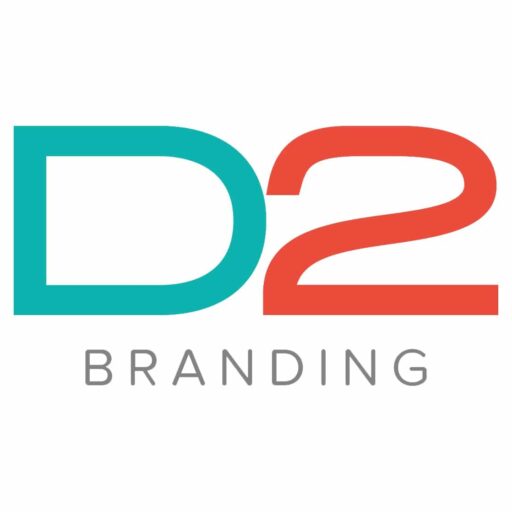I love working with startups because the energy and enthusiasm they have for their dream is contagious. However, it takes a lot of money to start a new business and sometimes these entrepreneurs don’t realize the magnitude of what it will cost. Even if your business is online, there are costs to create your brand, website, to take professional photos and videos, and to invest in digital marketing.
I had a client who put in thousands of dollars a month to launch a product that’s still not perfect, which means they’ll need more money to keep tweaking it. The costs are starting to affect their personal lives, as they’re either going to have to change their lifestyle or get a small business loan to continue.
One of the first things you need to do when you start a business is figure out your funding. If your company is a startup, you’ll want to put all of the expenses in a profit and loss statement, which can easily be done in Excel or Google Sheets. This data will show you exactly what your monthly expenses are projected to be, and determine your “burn rate” — the amount of money you need to make each month just to cover your expenses.
It’s also important to think about if you will need to take a salary from the business in the beginning, or if you can skate by without getting paid until you start making a profit. If you do need to get paid and your expenses are going to be more than what you can pay on your own right now, you want to look at getting a small business loan.
Here are seven things you need to do to get a small business loan:
-
You have to have a good personal credit score.
Personal credit scores show your ability to repay personal debts, like credit cards, car loans or your mortgage. Small business lenders require a personal credit score because they want to see how you manage debt. If you’re not sure what your personal credit score is, you can see it for free on NerdWallet and get a free copy of your credit reports at AnnualCreditReport.com. To have a good credit score, you need to pay your bills on time and in full. For the larger institutions, like Bank of America, you have to prove $250,000 in revenue to get a small business loan, and oftentimes they require you to be in business for at least two years. Online lenders will require less.
-
You have to meet the SBA (Small Business Administration) requirements.
Your business must meet the SBA’s definition of a “small” business, which varies by industry. You can find yours on the SBA’s website. You also must be a for-profit company, and you can’t operate in an ineligible industry like real estate investing, gambling or religious activities. You must be current on all of your other government loans with no past defaults — you’ll be disqualified if you’ve been late on a federal student loan or government-backed mortgage, for instance.
-
You need to have been in business for ___ years.
You must prove you’ve been in business for at least six months and up to two years for some loans. Make sure you do all the research on your specific lender’s requirements ahead of time.
-
You’ll need to have annual revenue.
You’ll want to be able to prove that you can make money. I know this is hard when you’re first starting out, but some proof that your concept will work is often required.
-
You’ll need to create a business plan and a loan proposal to present to your lender.
-
You’ll need collateral or a personal guarantee of 20% or more of the business.
This arrangement ensures that you will personally pay the loan back if the business can’t pay it. There are also options for an unsecured loan, where you don’t have to provide collateral.
-
You have to have business documentation, which includes:
Personal and business income tax returns, a balance sheet and income statement, personal and business bank statements, a photo of your driver’s license, commercial leases, business licenses, articles of incorporation, a resume that shows relevant management or business experience, and financial projections (if you have a limited operating history).
Finally, you’ll need to decide if an investor or a small business loan is best for you. Oftentimes, my clients will ask family and friends first if they want to invest in their idea. This approach can be risky for the obvious reasons, but also because investors often demand a higher return on their money because they have no guarantees of getting their money back.
Lenders, on the other hand, often have fixed plans of repayment and less risk since the loans are usually backed up with collateral. With a lender, you have to pay the money back. With an investor, they’re expecting to take a piece of the business in exchange for their investment.
Inventors can still be a great thing for your business. For example, an investor won’t expect repayment every month because they’re not giving you a loan. An investor can also be a great resource for business advice, and they may have a strong business network you can tap into.
If you’re an entrepreneur looking to go after a big business dream, I’d love to meet with you. Hit the “Get A Quote” button on our homepage and sign up for a free consultation.

